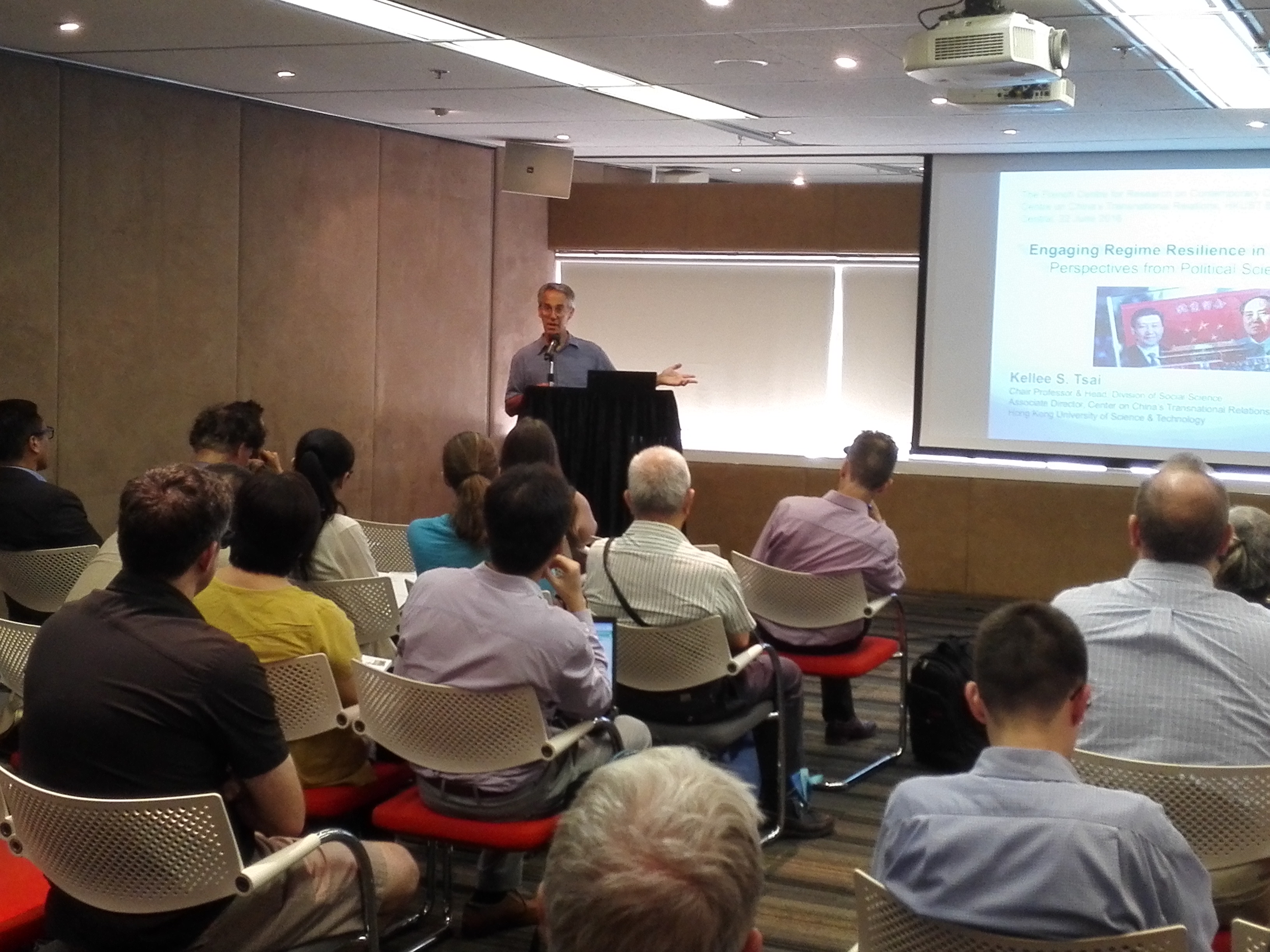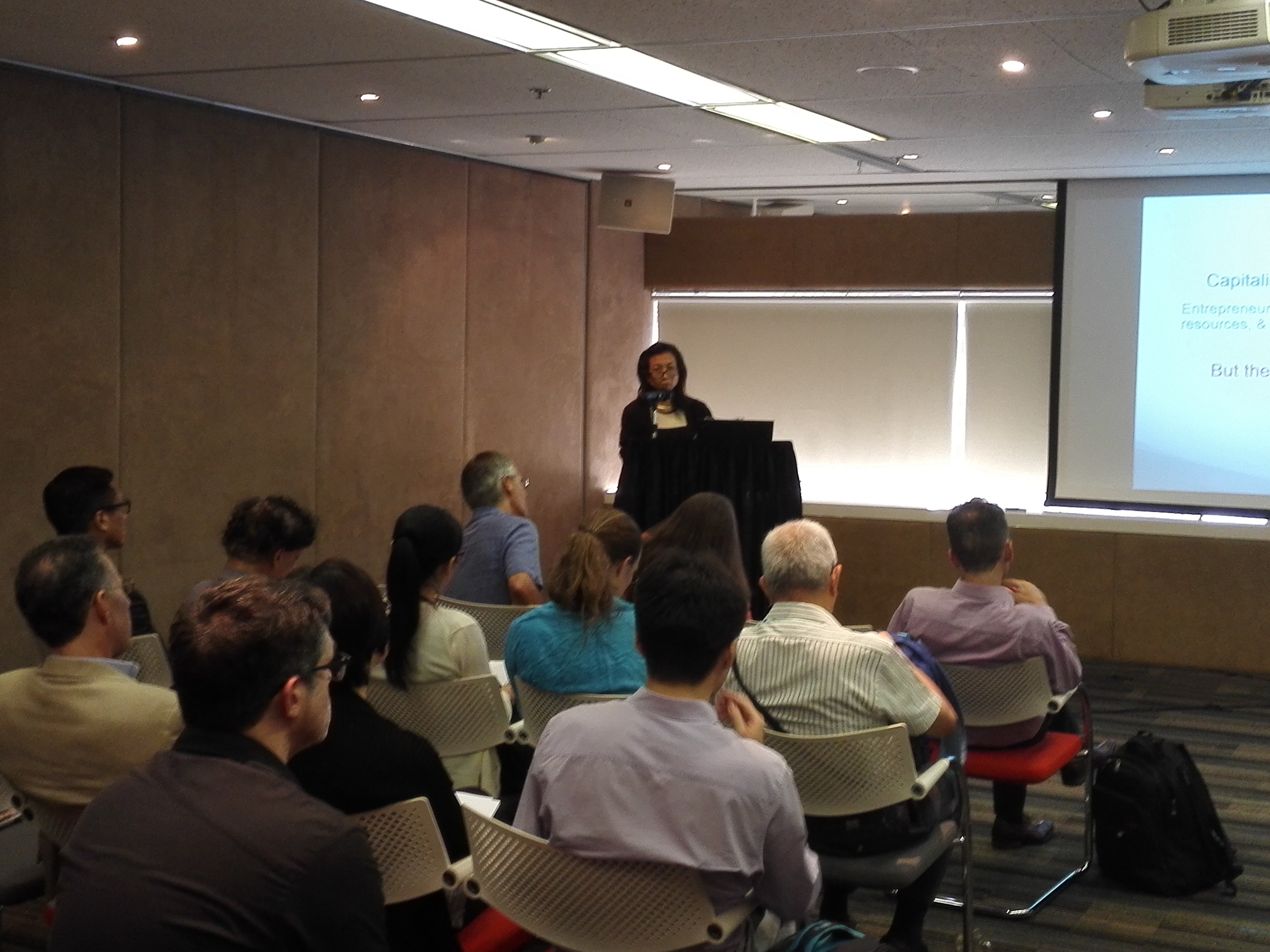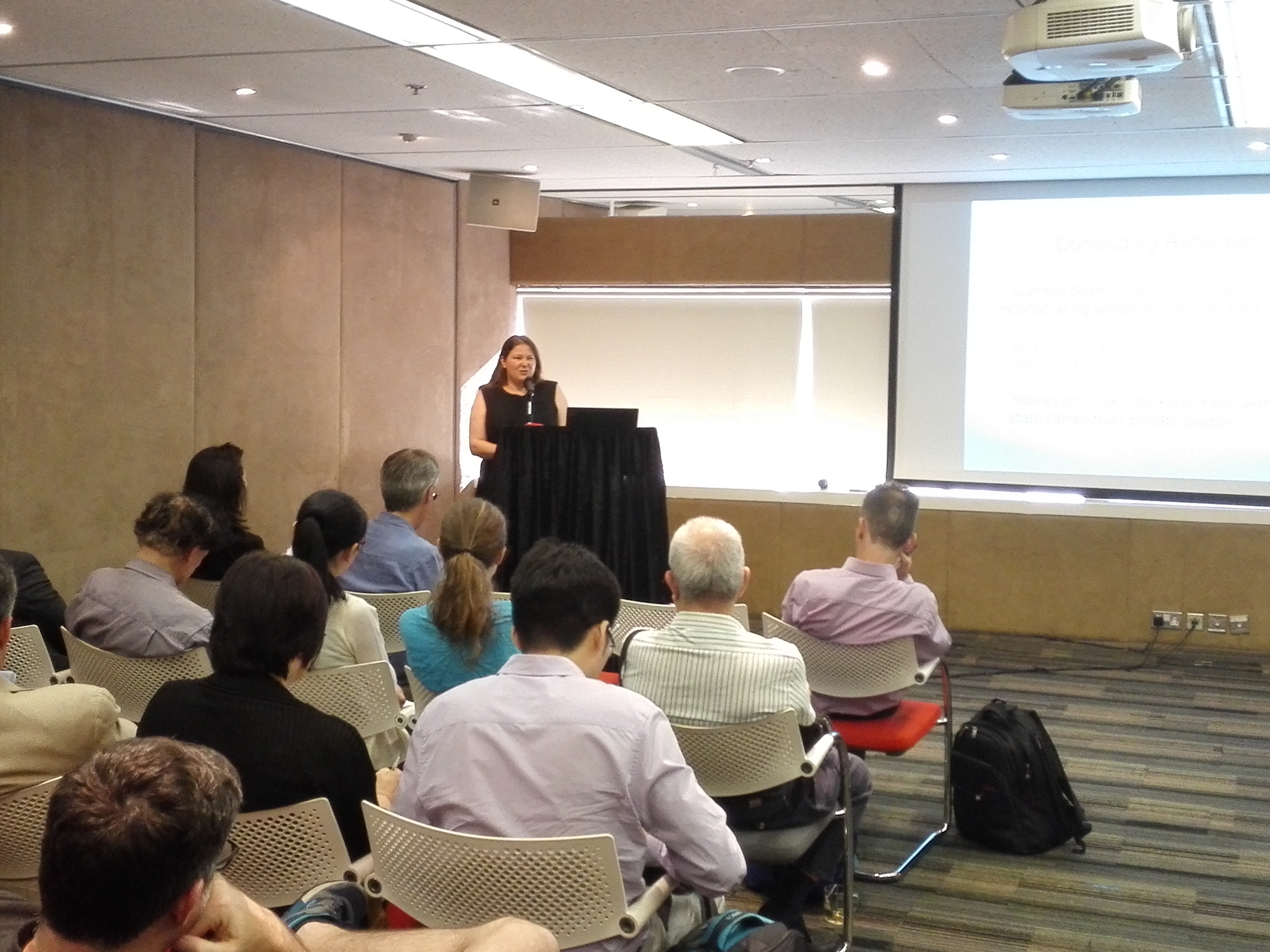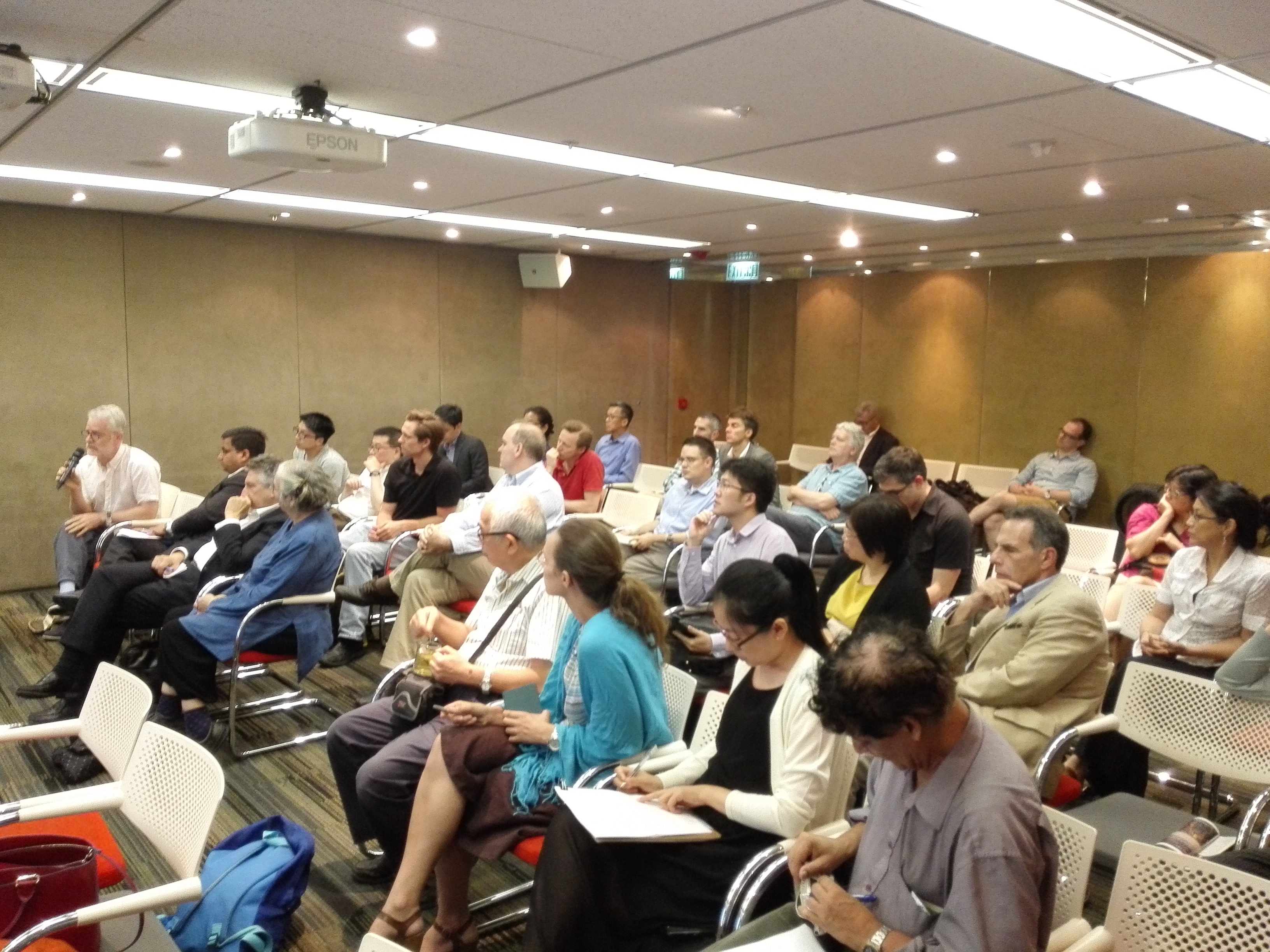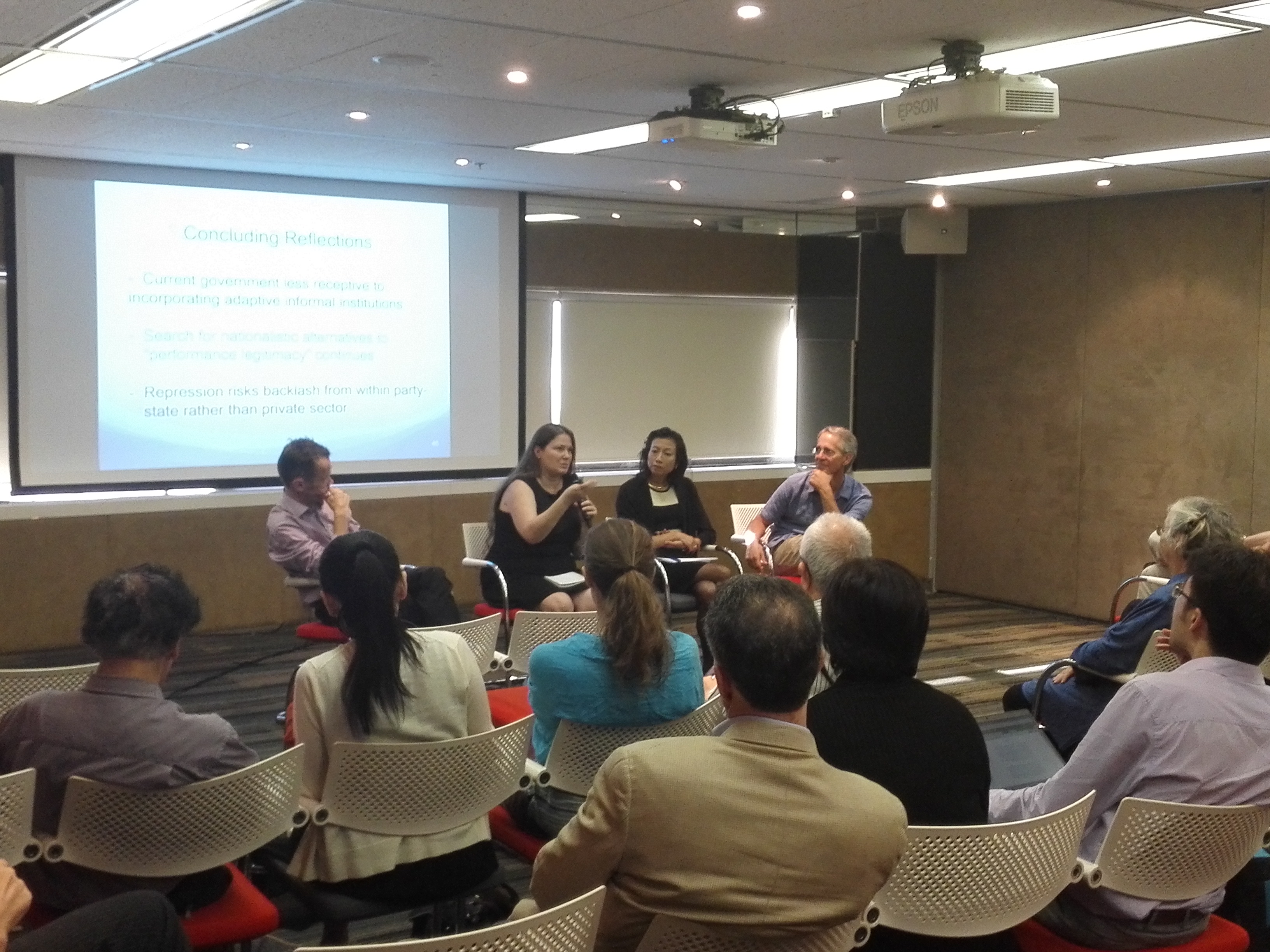Organizers:
The French Centre for Research on Contemporary China (CEFC) &
The Centre on China’s Transnational Relations (CCTR) ![]()
Introduction:
In the aftermath of June 1989, as talk of an « End of History » and « Leninist Extinction » filled the air, most commentators viewed the Chinese regime as bound to either democratize or vanish. Almost three decades later, in spite of the many domestic and external challenges the Party-state is still facing, the Communist Party seems to be in a strong position politically and presides over a country that has risen dramatically within the global economic and diplomatic order. Clearly, the Chinese regime has shown extraordinary resilience, but there is debate about both how to account for the Party’s endurance and whether its position is as secure as it seems. How should we account for the regime’s ability to adapt to new circumstances? What have been the key social, political, institutional and economic factors behind its ability to ride out legitimacy crises for more than a quarter of a century? Does regime resilience mask a deep fragility? What does regime resilience mean in terms of shifts in the Party’s identity? And how can history, political science and journalism contribute to the understanding of these and other questions raised by considering regime resilience in post-Mao China, in general, and in the context of Xi Jinping’s rule, in particular? These are some of the issues that will be tackled during this roundtable.
Speakers:
Prof. Kellee Tsai (HKUST) is Chair Professor and Head of the Division of Social Science at Hong Kong University of Science and Technology. She previously served as Vice Dean of Humanities and Social Science and Professor of Political Science at Johns Hopkins University. She is the author or co-author of five books, including Back-Alley Banking: Private Entrepreneurs in China (Cornell 2002), Capitalism without Democracy: The Private Sector in Contemporary China (Cornell 2007), and State Capitalism, Institutional Adaptation, and the Chinese Miracle (co-edited with Barry Naughton, Cambridge 2015). Her articles have been published in China Journal, China Quarterly, Comparative Political Studies, Journal of Asian Studies, Perspectives on Politics, World Development, and World Politics, among others. Tsai’s research interests include informal finance, informal institutions, internet finance, political economy of development, private entrepreneurship, and shadow banking, with an area focus on China and India.
Prof. Jeffery Wasserstrom (University of California, Irvine) is Chancellor’s Professor of History, University of California, Irvine, and the Editor of the Journal of Asian Studies. He is a modern Chinese social and cultural historian interested in issues of protest, gender, urban change, and revolution who writes for newspapers, magazines, and blogs as well as academic venues. His two recent books, China in the 21st Century: What Everyone Needs to Know (Oxford University Press, 2010 and 2013) and Eight Juxtapositions: China through Imperfect Analogies from Mark Twain to Manchukuo (Penguiun, 2016), are both aimed at speaking to general educated readers as well as specialists, as is true as well of his latest edited volume, The Oxford Illustrated History of Modern China (Oxford University Press, 2016).
Ms. Ilaria Maria Sala, an award-winning journalist and writer, was born in Italy and grew up in Bologna and Florence. She has studied at the School of Oriental and African Studies, Beijing Normal University, and Beijing University. After a few years in Japan she is now based in Hong Kong, where she writes about China and Asia. Sala is the author of Il Dio dell’Asia: Religione e Politica in Oriente: Un Reportage (Italian; Il Saggiatore, 2006) (winner of the Bruce Chatwin Award for Travel Literature), a book of travel features about religion; and a volume of essays, Lettere dalla Cina (Italian; Una Città, 2011). She writes about politics, arts, and society for Quartz, The Guardian, and China File, among other publications.
Eric Florence, director of CEFC, chaired the seminar.
